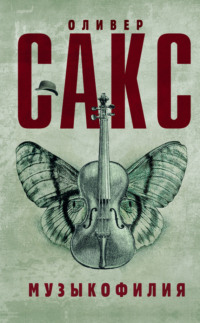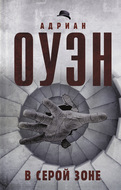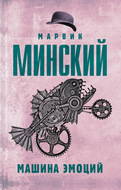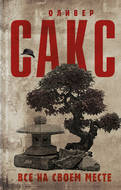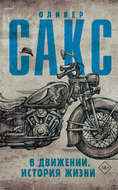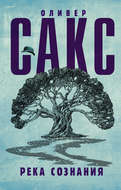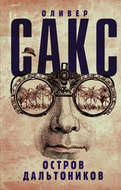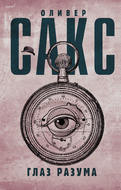Cytaty z książki «Музыкофилия»

Слушание музыки – это не только слуховой или эмоциональный феномен, но и феномен двигательный. «Мы слушаем музыку всеми нашими мышцами», – писал Ницше. Мы отводим время музыке, отводим непроизвольно, даже если и не слушаем ее целенаправленно. Наша мимика, телодвижения отражают мелодическое повествование, мысли и чувства, которые оно пробуждает в нас.

Мой друг Джером Брунер, страстный любитель музыки, рассказывал, что однажды поставил на проигрыватель пластинку с любимым произведением Моцарта, с удовольствием его послушал, а когда подошел к проигрывателю, чтобы перевернуть пластинку, обнаружил, что забыл проиграть начало.

Music is part of being human.

Professional musicians, in general, possess what most of us would regard as remarkable powers of musical imagery. Many composers, indeed, do not compose initially or entirely at an instrument but in their minds. There is no more extraordinary example of this than Beethoven, who continued to compose (and whose compositions rose to greater and greater heights) years after he had become totally deaf. It is possible that his musical imagery was even intensified by deafness, for with the removal of normal auditory input, the auditory cortex may become hypersensitive, with heightened powers of musical imagery (and sometimes even auditory hallucinations).

Every act of perception, is to some degree an act of creation, and every act of memory is to some degree an act of imagination.

Gian Beeli, Michaela Esslen, and Lutz Jäncke, researchers in Zurich, have described a professional musician with both music-color and music-taste synesthesia: “Whenever she hears a specific musical interval, she automatically experiences a taste on her tongue that is consistently linked to that musical interval.” In a 2005 article in Nature, they detailed her associations:Minor second - Sour;
Major second - Bitter;
Minor third - Salty;
Major third - Sweet;
Fourth - (Mown grass);
Tritone - (Disgust);
Fifth - Pure water;
Minor sixth - Cream;
Major sixth - Low-fat cream;
Minor seventh - Bitter;
Major seventh - Sour;
Octave - No taste.

Music can also evoke worlds very different from the personal, remembered worlds of events, people, places we have known.

Anatomists today would be hard put to identify the brain of a visual artist, a writer or a mathematician - but they would recognize the brain of a professional musician without moment's hesitation.

What an odd thing it is to see an entire species -- billions of people -- playing with, listening to meaningless tonal patterns, occupied and preoccupied for much of their time by what they call 'music.'

Given her deafness, the auditory part of the brain, deprived of its usual input, had started to generate a spontaneous activity of its own, and this took the form of musical hallucinations, mostly musical memories from her earlier life. The brain needed to stay incessantly active, and if it was not getting its usual stimulation..., it would create its own stimulation in the form of hallucinations.
